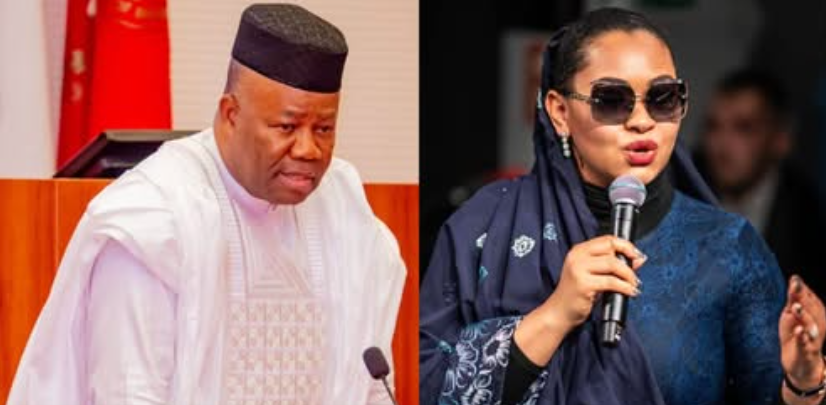Abuja Protesters Flee for Safety as Police Fire Tear Gas During Demonstration

Protesters in Abuja were forced to flee for safety on Monday as the police fired tear gas to disperse a crowd participating in a demonstration in the Nigerian capital. The protest, which began peacefully, turned chaotic when security forces intervened, resulting in widespread panic among the demonstrators. The protesters had gathered to voice their concerns about national issues such as economic hardship, government policies, and social injustice.
As the protest unfolded, police officers monitoring the scene began moving in to break up the demonstration. Without warning, tear gas was deployed, causing confusion and panic as the gas spread through the area. Protesters scrambled to escape the choking fumes, with many running in different directions to avoid the burning sensation in their eyes and throats. Witnesses reported that several people were affected by the gas, though no serious injuries were immediately reported.
The demonstration, which had been peaceful at the start, was intended to highlight pressing issues such as Nigeria’s struggling economy and controversial government actions. However, the police’s response quickly turned the event into a tense and dangerous situation. The use of tear gas drew criticism from activists and human rights groups, who argued that the police’s heavy-handed approach was an overreaction to a peaceful protest.
Despite the police’s efforts to disperse the crowd, some protesters attempted to regroup in other parts of the city, continuing to voice their frustrations. The intervention by law enforcement raised concerns about the right to peaceful assembly and the use of force by security agencies in handling public demonstrations. Critics of the police’s actions have called for more protection of citizens’ rights to express their views without fear of violent retaliation.
In the aftermath of the protest, organizers vowed to continue their push for change, calling for increased public support and international attention to the issues raised. While the protest in Abuja was met with police resistance, it is part of a larger wave of discontent across the country, as Nigerians demand accountability from their government. The situation remains tense, and further demonstrations are expected in the coming days.


